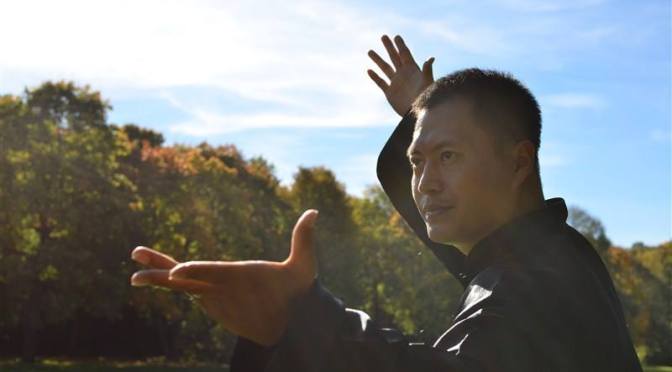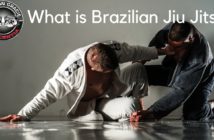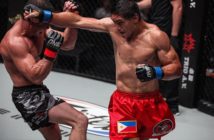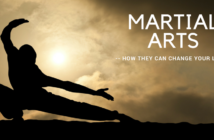by An Jian Qiu
Hard qigong in Chinese traditional martial arts is an important element of the training. At An Wushu, we believe that if you want to use your kung fu in combat, you must train hard qigong.
(What is hard qigong? Breathing and conditioning exercises that make your body harder, more resistant to pain, and able to give and take more force without becoming injured. Breaking a brick with your hand is probably the most well-known example.)
Many schools don’t share this belief, so it makes sense you may be wondering why…
Hard qigong in Chinese martial arts
Let’s look at a hypothetical scenario: Imagine if you were to go and punch a brick wall as hard as you could, right now. What do you think would happen? You’re probably thinking about:
Hurting your hand badly, maybe even breaking your fingers or wrist
Losing your calm due to the pain
Instinctively hunching over your posture and holding your damaged hand to your chest
Why did this happen?
Obviously, the brick wall was much harder than your hand and wrist… or put differently: your body wasn’t strong enough to deliver your strike.
And what if you’d been fighting a live opponent? Losing focus so drastically can be the difference between life and death or victory and defeat.
Of course, hopefully your opponent isn’t as hard as a brick wall(!), but the difference is small when you’re both moving at high speeds and impacting at the strange angles of real combat, not “straight-on” like when you hit a bag. If you’re unconditioned, it doesn’t take a lot of force to become seriously injured.
Hopefully this has shown you why hard qigong is so important for offense.
What about for defence?
The example is obvious: imagine you get punched in the stomach so hard that you lose track of your senses. The next hit is definitely coming for your head!
At An Wushu, one of the things we recommend all new students do is ask Shiye (Grandmaster) An De Sheng if you can touch his stomach. No, we aren’t crazy… despite being 67-years-old, an age where most will have lost all their muscle mass, Shiye’s stomach is harder than steel from years of hard qigong. (The look of surprise on a new student’s face when they poke Shiye’s stomach is always a fun moment for older students.)
This is what days and days of hard qigong training does to the body: your body becomes not just firm like from working out, but literally hard like iron. This is where the name ‘Iron Body’ comes from.
As you progress through lower levels of training, you’ll find yourself taking less damage: receiving less bruises from sparring and watching them disappear much more quickly.
At higher levels of training, this protects you from even more harm, you heal amazingly quickly, and eventually, your opponent will hurt themselves by hitting you! The level of focus you can now have in training and fighting is what it needs to be for you to reach a truly high level of kung fu skill.
As a bonus, the hard chi that is packed into your body by hard qigong also greatly increases your physical health, your strength and your ability to fali/fajin (generate power). There are schools of Daoism that practice hard qigong purely for its health benefits.
Changing times
These days, hard qigong isn’t so popular and has been lost from many styles, but in the years of true masters, hard qigong was a core part of all traditional kung fu systems. The ability to survive both your own offence, and your opponent’s, is a non-negotiable for a true fighter.
An Jian Qiu, is the headmaster of An Wushu International Martial Arts School in Dezhou, Shandong Province, China.
For further information on studying at An Wushu or other traditional martial arts schools in China visit www.StudyMartialArts.Org




